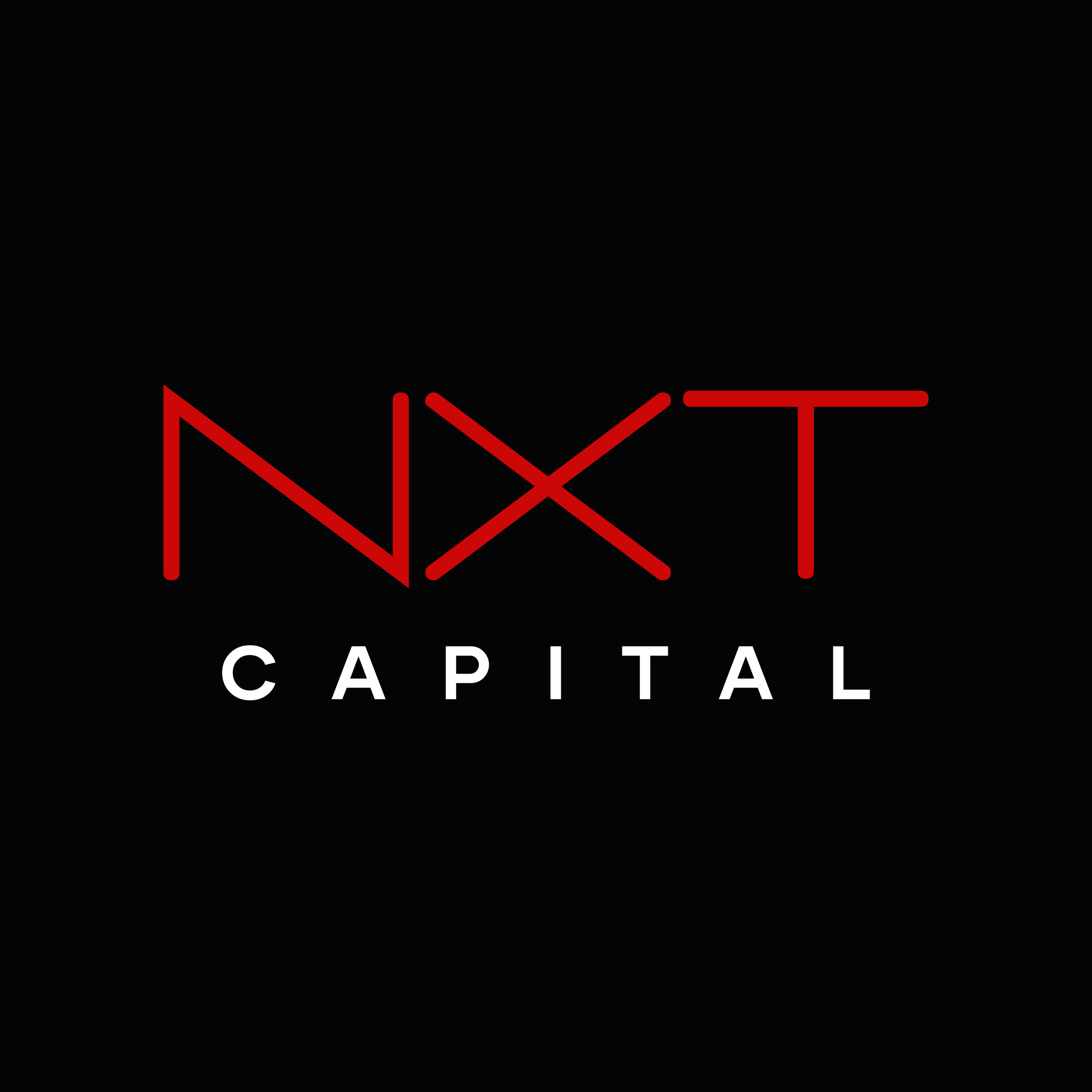Europe's market makers are the real ''local firms''
/I've had a lot of conversations with market makers lately that are seriously concerned about the future of their business. Especially January 2017, when MIFID 2 comes into effect poses a major concern. These market makers are already downsizing the number of products and markets they trade. This will harm liquidity across European trading venues.
The problem is that the European Banking Authority (EBA) will incorporate these market makers into a regime designed for banks, which makes no sense for market makers that only have proprietary business and no client related activities.
The FIA EPTA (European Pricipal Traders Association) has formulated a position paper in which it explains this situation to the EBA and encourages the EBA to advice the European Commission on this subject.
The EPTA explains in this paper the fundamental differences between market makers and banks:
- MM's operate mostly in trading platforms
- Instruments traded are highly liquid
- Risks are hedged
- Organizations are smaller
- Positions and trading have shorter cycles
- There is no no bail out risk
- Failure will only impact owner/clearing
FIA EPTA suggests that the definition of ''local firm'' should be updated for this reason. This definition is used in Article 4 CRR. The EPTA advises the EBA to revise market risk calculations to facilitate market making. Market makers are already subject to risk management by the clearing organisations. And market makers have no external stakeholders and don't engage with external clients.
Let's hope the EBA will advise the European Commission accordingly and incorporates the distinction between banks and these market makers.
Roderik van der Poel holds a master in Law and Economics from Universiteit Utrecht. and has worked as a market maker on Euronext and Eurex for 14 years. He is now a compliance consultant with strong focus on MIFID regulation/implementation and the consequences for trading firms.





